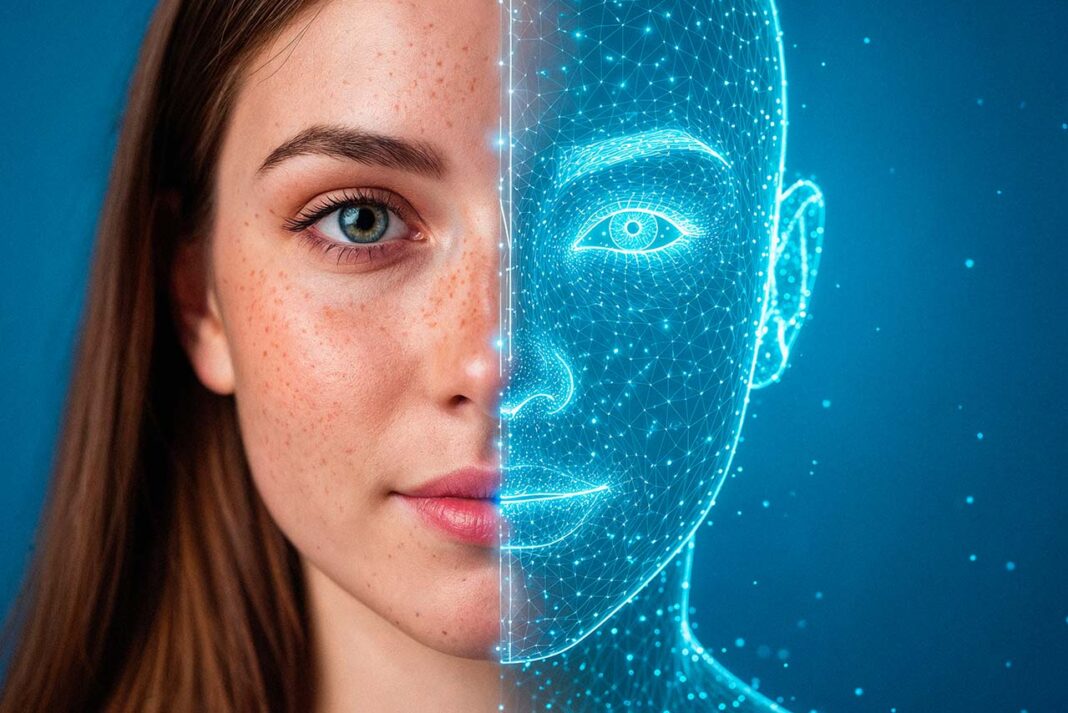The digital age has fundamentally changed the ways in which people discover, express, and make themselves visible. Social media has evolved beyond being merely a communication tool to become the center of self-construction, identity performances, and the struggle for visibility. Coffee is no longer just for drinking but is prepared to fit into an aesthetic frame; moments of happiness are no longer just for experiencing but are staged for sharing. “Like” counts have become a kind of digital approval ledger. So, where does the individual’s reality fit into this new universe?
The “digital identity erosion” or, metaphorically, the “digital mirrorlessness syndrome,” which is increasingly discussed in psychological literature, points to the deepening gap between the ideal self that individuals create in the virtual environment and their inner self. This situation brings about not only personal alienation, but also the transformation of social relationships, affiliations, and even value systems.
Digital Mirror: The Distorted Reflection of Self
Throughout the history of psychology, the concept of the “mirror” has often been used to define an individual’s perception of self. People discover who they are through the feedback reflected in the eyes of others; social interaction is the most fundamental tool in this process.
However, the mirror of the digital world often distorts reality rather than reflecting it. On social media, individuals present not their inner selves, but a polished version that their followers want to see.
Over time, this process begins to affect the person’s self-esteem. As the gap between real life and digital identity widens, individuals begin to measure their own existence by likes. Identity ceases to be an internal construction; it becomes an external performance driven by algorithms, trends, and the pressure to be visible.
Why Has It Become So Prevalent?
Digital mirrorlessness is not an individual weakness; it is a joint product of social and cultural dynamics. Several key factors can be summarized as follows:
-
The Need for Approval: As social beings, humans need to be accepted. Social media has made this need fast and measurable. Likes, comments, and follower counts have become symbols of approval in the modern age.
-
The Comparison Cycle: Watching others’ carefully curated moments pushes individuals to compare themselves to their own lives. The result is often a feeling of inadequacy.
-
Filtered Reality: Only “good” moments are displayed on digital platforms. Failure, sadness, and ordinariness are mostly hidden. Thus, the natural flow of life is replaced by an artificial perception of perfection.
-
Consumer Culture: Being visible now carries not only social but also economic value. “Showing oneself” ceases to be a choice and becomes a fundamental condition of modern existence.
When these dynamics converge, digital mirrorlessness becomes almost inevitable.
Symptoms: Self-Identity Lost in the Pursuit of Visibility
Each individual experiences this process differently; however, some common indicators are noteworthy:
-
A noticeable gap between your social media profile and your real life
-
Feeling valuable only based on the number of likes or followers
-
Feeling compelled to share even private moments
-
Feeling restless or empty without social media
-
The constant need to stay online and feeling “incomplete” when not sharing
These symptoms are actually signs that the individual’s connection with themselves is gradually weakening.
Ways Out: From Digital to Internal
Overcoming digital identity erosion is possible not by turning your back on technology, but through conscious use and internal transformation:
-
Develop Digital Awareness: Question the person you present on social media. Is this profile really you? Or is it a mask created for visibility?
-
Prioritize Real Relationships: The emotional depth created by face-to-face contact goes beyond digital connections. Real conversations nourish the self.
-
Live the Moment, Don’t Share It: You don’t have to make every experience visible. Keeping some moments just for yourself increases their value.
-
Do a Digital Detox: Short weekly or daily breaks refresh the mind. Going offline strengthens your connection to the real world.
-
Develop Self-Compassion: Learn to see yourself as valuable, independent of your social media identity. It’s not your filtered self that matters, but the real you.
Rediscovering Your Unfiltered Self
Digital mirrorlessness is a reflection not only of technology but also of modern life’s culture of speed, competition, and comparison. However, the way out of this erosion begins not from the screen but from the individual’s own inner world. Reconnecting with silence, approaching yourself with self-compassion, preserving authenticity… These are the most powerful ways to avoid getting lost in the digital age.
What you see on social media is often a fabricated version. What is truly valuable is the person looking back at you when you look in the mirror. That person, with all their fragility, all their naturalness and unfilteredness, is already enough.
In reality, no matter how dazzling the digital world may appear, the authentic self at the core of a person is too genuine and resilient to be contained within any algorithm’s code or hidden behind any filter. While digital mirrorlessness may cause individuals to stray from their own truth and transform into a false facade, it must not be forgotten that the faces seen on screens are transient; what truly endures is the connection one forges with their own inner voice. This connection is only strengthened in silence, only when we are free from the pressure to be visible, and only when we embrace the uniqueness of our own existence.
Therefore, true freedom lies not in constantly redesigning how we appear in the eyes of others, but in remembering that we are unfiltered, complete, and valuable in our own eyes. The bright mirrors of the digital world may one day shatter, but the mirror within us always has the power to reflect anew. And that mirror reminds us of our purest, most authentic, and most unchanging identity: that we are valuable just as we are, unfiltered, natural, and true to our essence.


